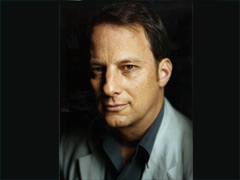Photo: Julie Kifuk | Love your work. Thank you!
Youth is peculiar to look back at. It’s a time when most of us fumble, yet shine. We are daring because we have not learned to fear. We experiment to break down the mysteries around us, and test our boundaries to see how far they will stretch. Such exploration demands energy, and youth is filled with it.
As we mature, the reckless energy lessens as experience and wisdom take its place. Incompetence gets shaved off to make room for insight. The boundaries we cut through reveal new freedoms, and as our minds become sounder, we become more grounded.
Often when people look back at their youth, they forget how inept they were mentally, and reminisce over how vibrant they were physically. They regret that they didn’t accomplish more, forgetting that they did not know then, what they know now.
Life thrives on balance of physical power to mental energy. First you have the one, then you have the other. But if youth is lived out to the max, then the loss of it does not need to be remorsed, because by losing it, you gain something greater. Youthful beauty and energy are what make youthful stupidity charming and forgivable. Likewise, mature sophistication and grace are what conceal the wrinkles and slower movements that come with age.
Embracing each season of life is what gives life its potency. Quality of life isn’t found in the fountain of youth, but in the fountain of life. To continue drinking from it at every stage will keep us fresh, alive, and invigorated to the end.

![Photo: Julie Kifuk [Thanks Julie - you're work is exquisite.]](http://therussian.org/wp-content/uploads/2014/07/jules.jpg)




